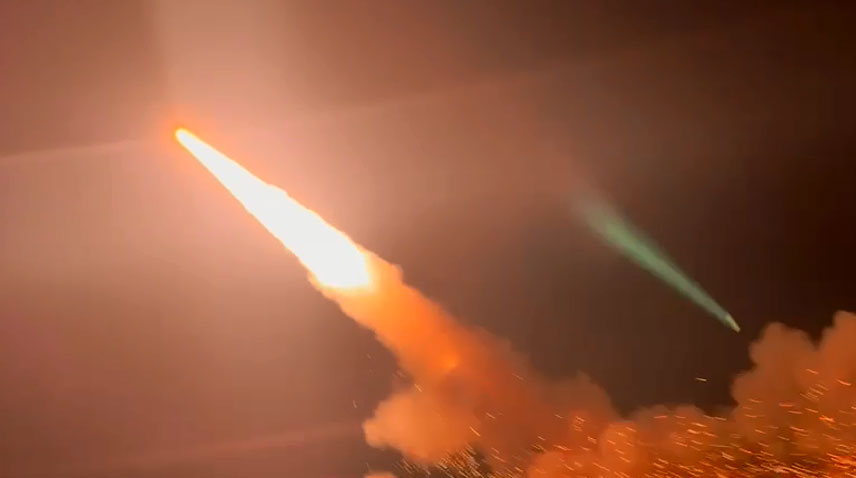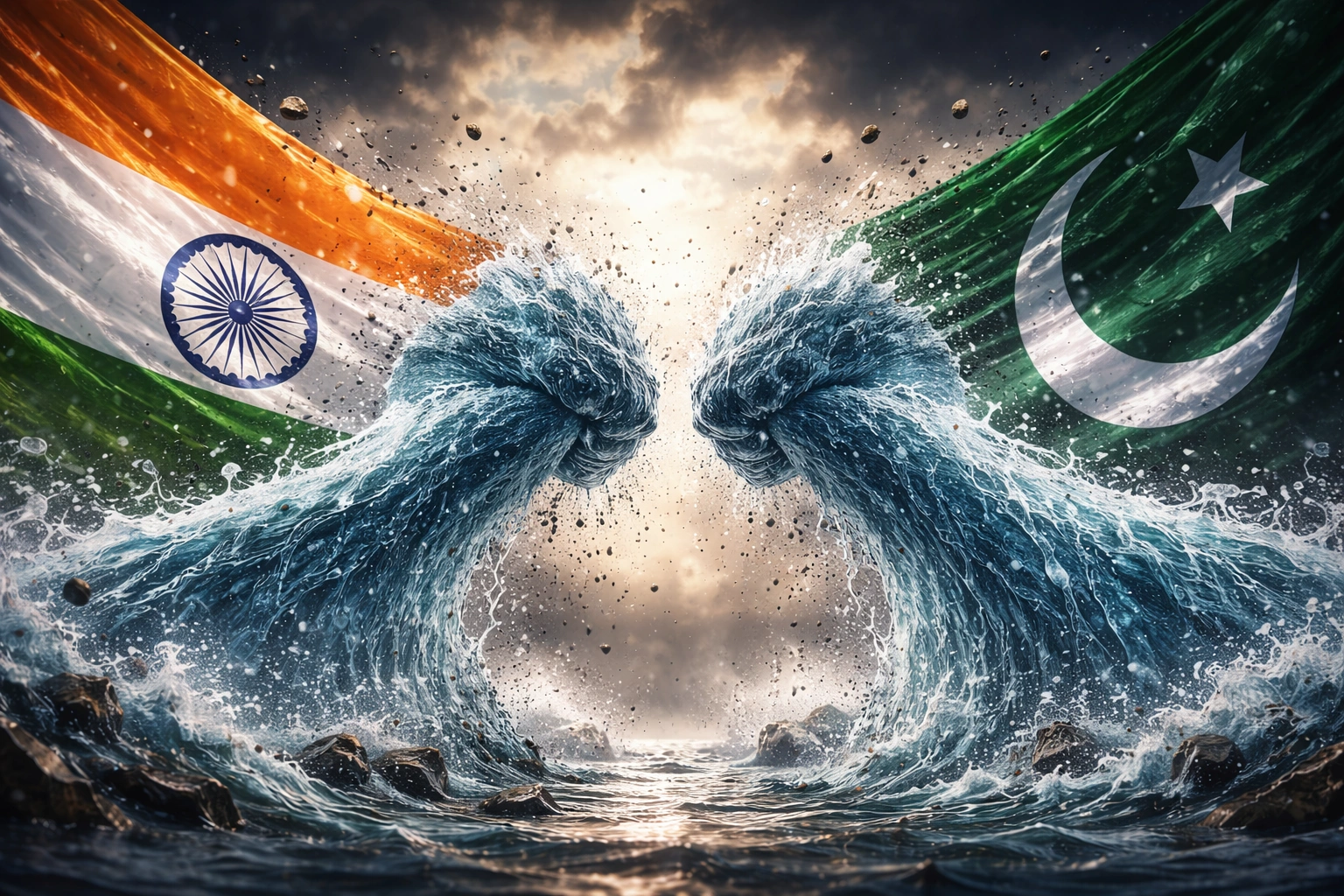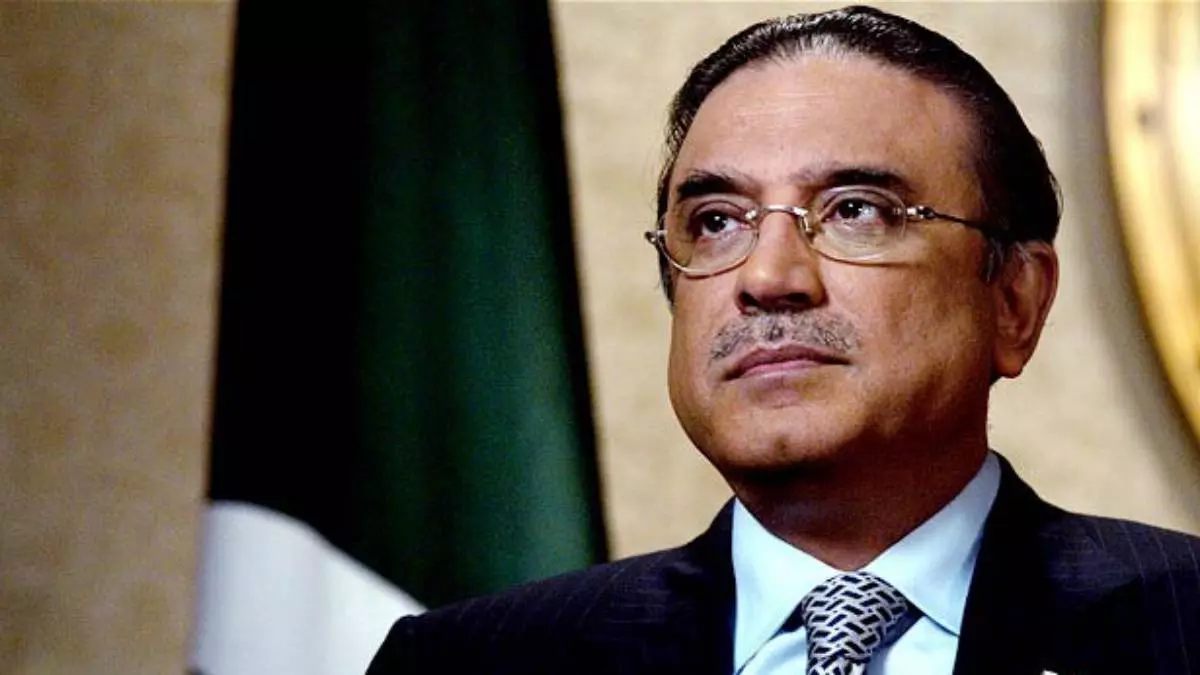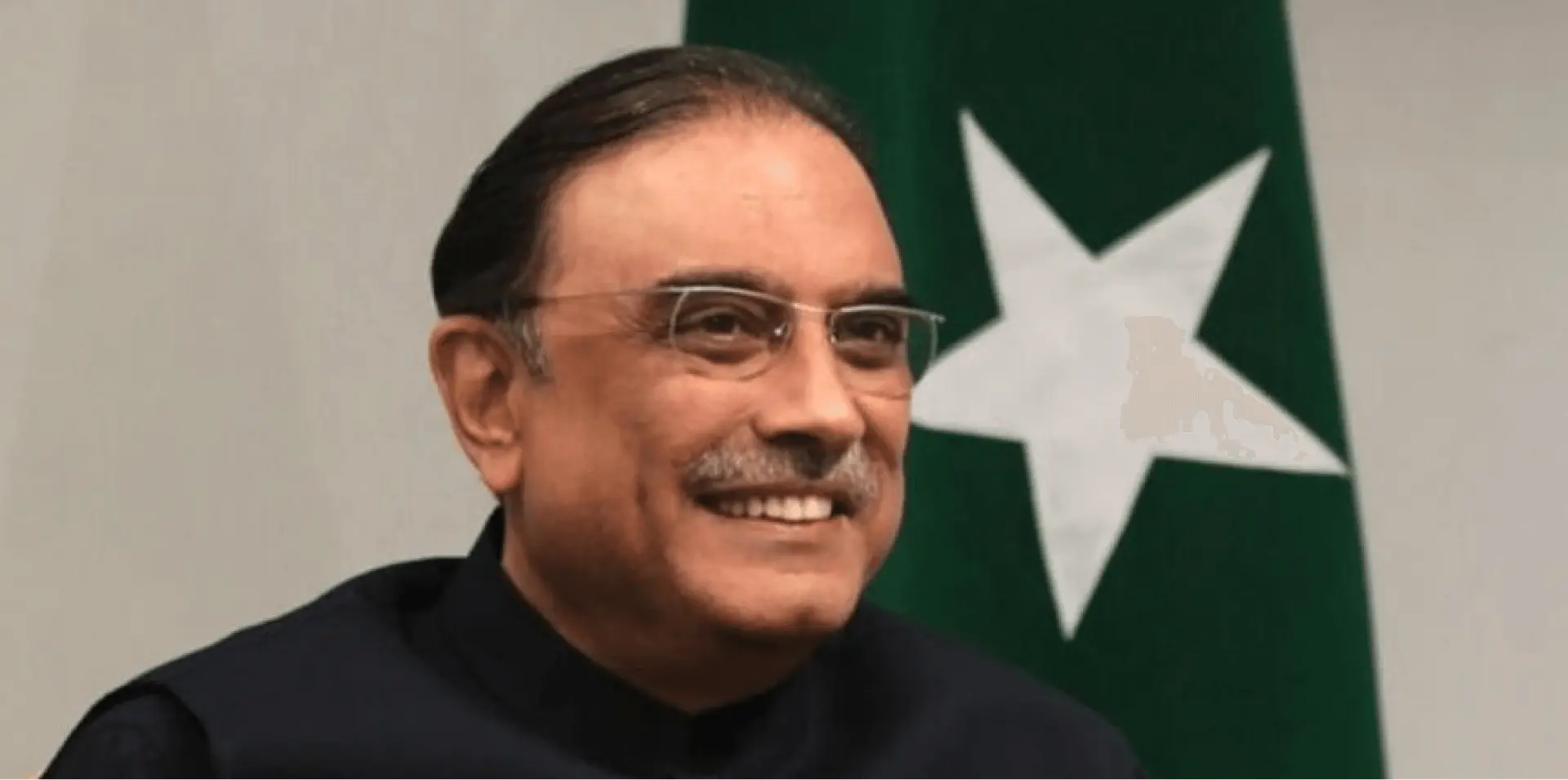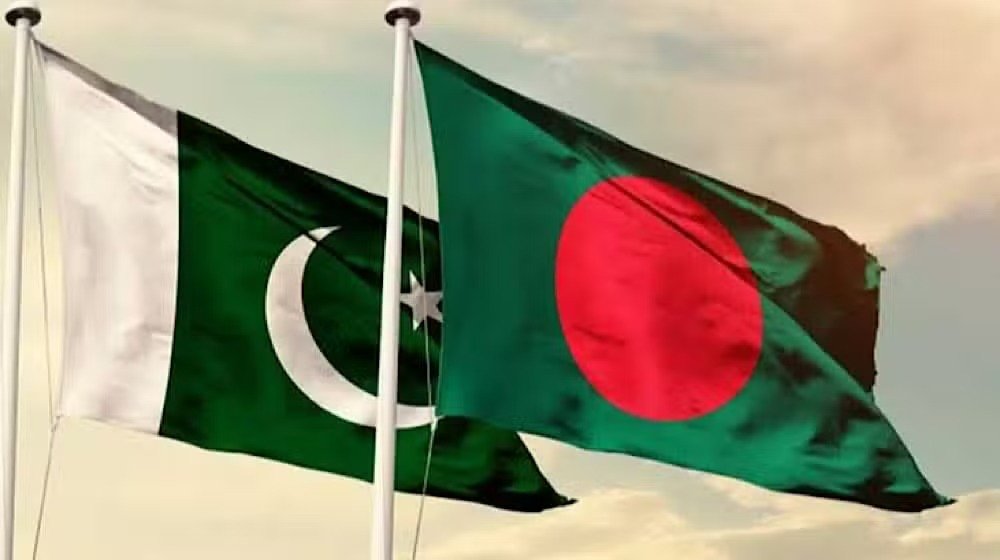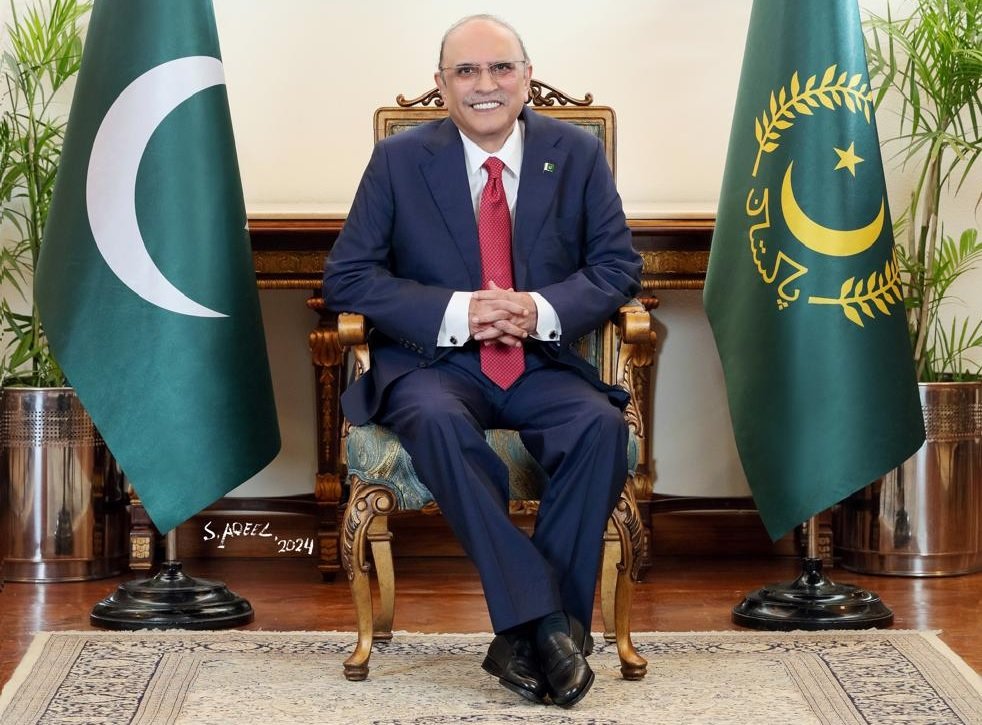In the records of human history, the list of wars fought is both long and tragic. While some emerged from genuine conflicts and political disputes, others have been ignited by contrived reasons, often no more than well-rehearsed scripts designed to justify aggression. Throughout time, powers have discovered ways to create pretexts for war to meet their strategic or economic objectives. This seems precisely the nature of the recent confrontation between India and Pakistan. The script was not written in Delhi, nor Islamabad. Rather, its fabric appears woven in foreign capitals, masterminded by figures whose interests lie far beyond South Asia. The present war, though triggered on the border, was planned in boardrooms and war rooms that care little for the people who suffer its consequences.
India, once again, played the role of a willing instrument, launching an offensive against Pakistan under the illusion of superiority and with the false hope of quick victory. Yet, the war’s true origin lies not in Kashmir or along the Line of Control, but in the discomfort caused by the ever-deepening bond between Pakistan and China. For years now, the China-Pakistan Economic Corridor has drawn the ire of global players, especially those who once held sway over the military and economic choices of smaller nations. As Pakistan and China began sharing military equipment and technology, a sense of unease spread among those who had long dominated the global arms market.
The monopoly enjoyed by Western nations in the trade of military hardware, worth billions annually, had begun to erode. China, with its growing technological capabilities, challenged this dominance, offering competitive, efficient and reliable alternatives. It was a challenge that could not be ignored. Thus, a plan was hatched. It was decided that China’s defense credibility must be tested, perhaps even broken. And what better way than to draw its strategic partner, Pakistan, into a war with its old rival—India? The thinking was that Pakistan, burdened with economic hardships and international pressure, would either refrain from war or collapse under its weight. It would be a war scripted to humiliate, to send a message, and to reset the balance of arms superiority.
The main stakeholders in this global arms bazaar are well known. The United States remains the world’s largest arms exporter, commanding over 40% of the total arms sales globally. It is followed by Russia, France, China, and Germany. Israel, though much smaller in size, holds disproportionate influence through its advanced electronic warfare and missile systems. Together, these nations dominate a market worth hundreds of billions of dollars. It seems that the unseen forces that wanted to create a storm in a teacup and achieve the desired results failed miserably. In reality, the aim was to promote their respective brands in the arms market, and for this, it was very important to start a war. For them, war was not a tragedy but an exhibition—a battlefield transformed into a marketing showroom.
But what followed defied every expectation. Pakistan did not falter. It did not hesitate. Nor did it compromise. Instead, it stood firm, not just for itself, but for its alliance with China. With discipline, strategy, and resilience, it turned the tide of war. The calculated assault, meant to break its will, only sharpened its resolve. Its response was swift, coordinated, and, above all, unexpected. The weapons and systems jointly developed with China performed with striking success. Where Israeli and French technology failed, and Western claims fell short, Chinese-built systems excelled.
This war, in truth, became more than a regional conflict. It became a testing ground for global military supremacy. In a matter of hours, the battlefield became a stage on which the reputations of arms manufacturers were weighed. What was to be a humiliation turned into a triumph. The global spectators—those who thought Pakistan would crumble—were forced to step in to contain the situation, not out of mercy, but fear. The plan had backfired. If President Trump had not intervened and called for an end to the hostilities, the war might have shifted the balance of the global arms trade entirely in China’s favour. America stood to lose not only political clout, but billions in defense contracts.
Now, a new reality is emerging. Nations previously dependent on American, French, or Israeli military technology are reassessing their options. They witnessed a war where the so-called superior technologies faltered, and where Pakistan, with Chinese support, delivered a performance no one anticipated. In doing so, the myth of Western invincibility in defense technology was cracked, perhaps irreparably.
India, too, finds itself exposed. Its miscalculation has cost it dearly—not just in equipment, men, and morale, but in credibility. And those who pushed it into war must now reckon with a different outcome than they planned. The trap they laid for others has caught their own foot. It is a reminder of an old adage—that he who digs a pit for another, may find himself at its bottom.
This war was not just between two neighbours; it was a war of markets, influence, and technology. And though brief, its implications will be lasting. It has shown that truth cannot be manufactured like weapons, and strength cannot be scripted. The world watched, thinking Pakistan would blink. Instead, it held its gaze, and in doing so, changed the narrative.

Mr. Muhammad Mohsin Iqbal is the Director General National Assembly Parliament House Islamabad.

Director General National Assembly Parliament House Islamabad.
